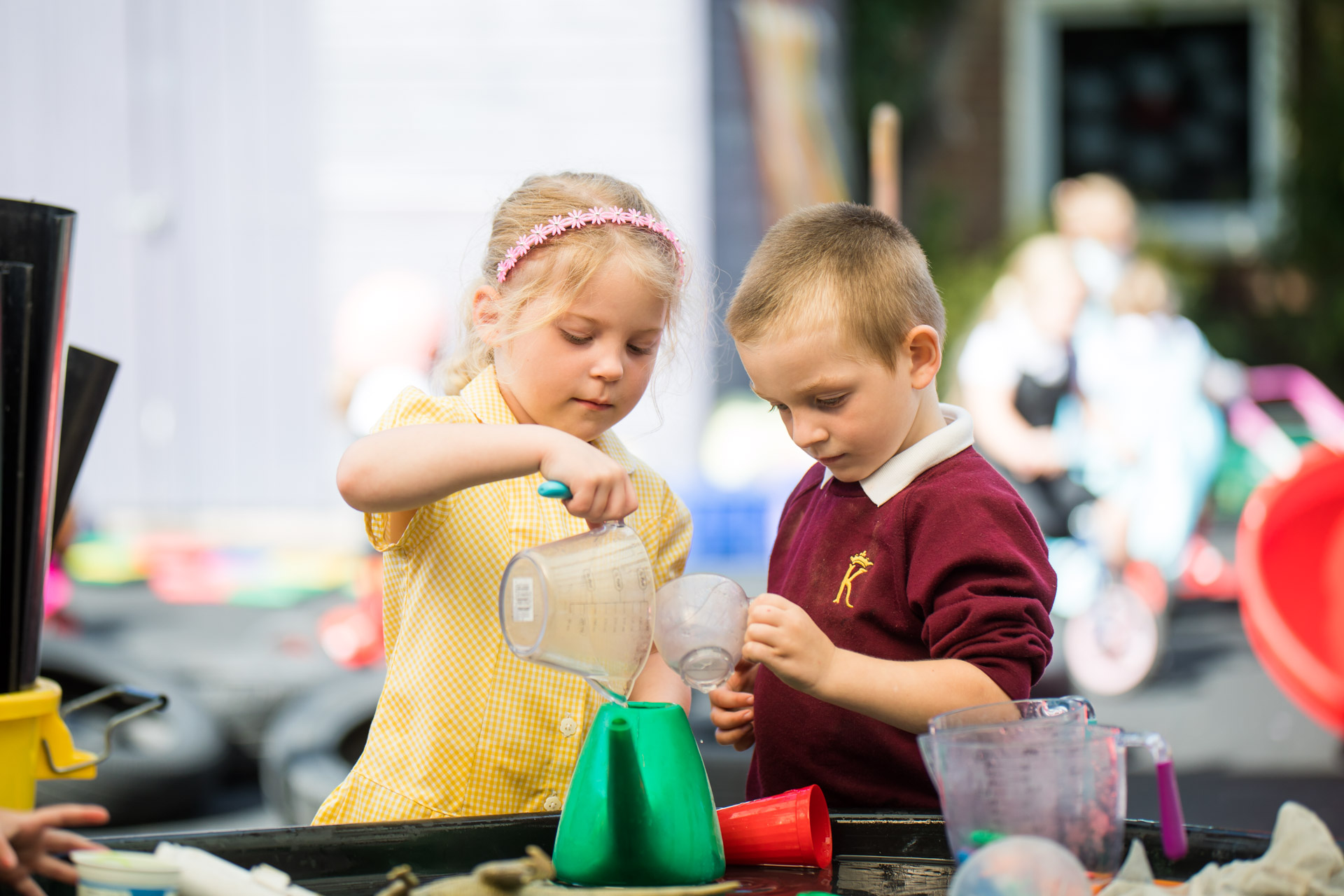What is P4C?
Philosophy for Children (P4C) is a teaching and learning approach that explores the big ideas that arise in all areas of the curriculum and educational experiences. Through philosophical dialogue and enquiry, P4C helps learners to think, to speak, to listen, to learn and to live together more effectively.
Why is P4C part of our approach?
P4C aims to help children become more thoughtful, reflective and reasonable individuals. Thanks to P4C our children are able to critically reason and discuss their differing opinions, expressing themselves in a clear and sensible way. Research shows that P4C supports the development of children’s cognitive, speaking, listening and reasoning skills. For more information please refer to www.sapere.org.uk
SAPERE’s 4Cs thinking model supports the development of:
- caring thinking: listening carefully, appreciating, thanking, showing interest, showing sensitivity, waiting your turn
- collaborative thinking: responding, supporting, building on other’s ideas, inviting, sharing tasks, negotiating, joining in
- critical thinking: questioning, reasoning, evaluating, weighing evidence, making distinctions, testing ideas, applying criteria
- creative thinking: making connections, suggesting alternatives, giving examples, exploring possibilities, considering perspective

P4C enhances oracy
Oracy is our ability to communicate effectively using spoken language. This means having the ability to:
- express yourself effectively and with confidence
- speak eloquently, articulate ideas and thoughts
- influence through talking and to listen/respond to others
- have the vocabulary to say what you want to say
- structure your thoughts so that they make sense to others
P4C connects to the curriculum
A knowledge-rich curriculum is full of concepts that require unpacking. When we explore the contested meanings of these ideas though P4C, the curriculum comes alive and new connections between stages and subjects emerge. There are opportunities for philosophy in every area of the curriculum:
- Science: Is there anything science can’t tell us?
- English: Can bad people write good stories?
- Maths: Are numbers invented or discovered?
- RE: Is faith a virtue?
- History: Can we re-write the past?
- IT: What is intelligent about AI?
- Languages: Could there be a perfect translation?



